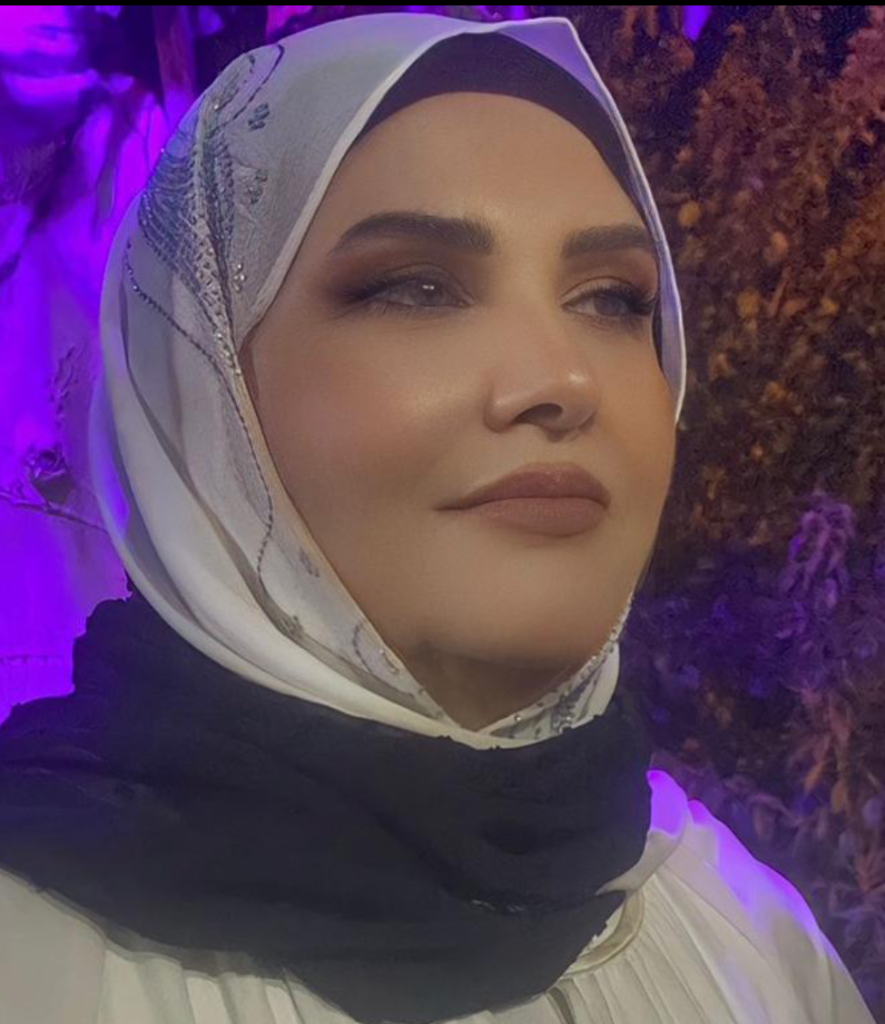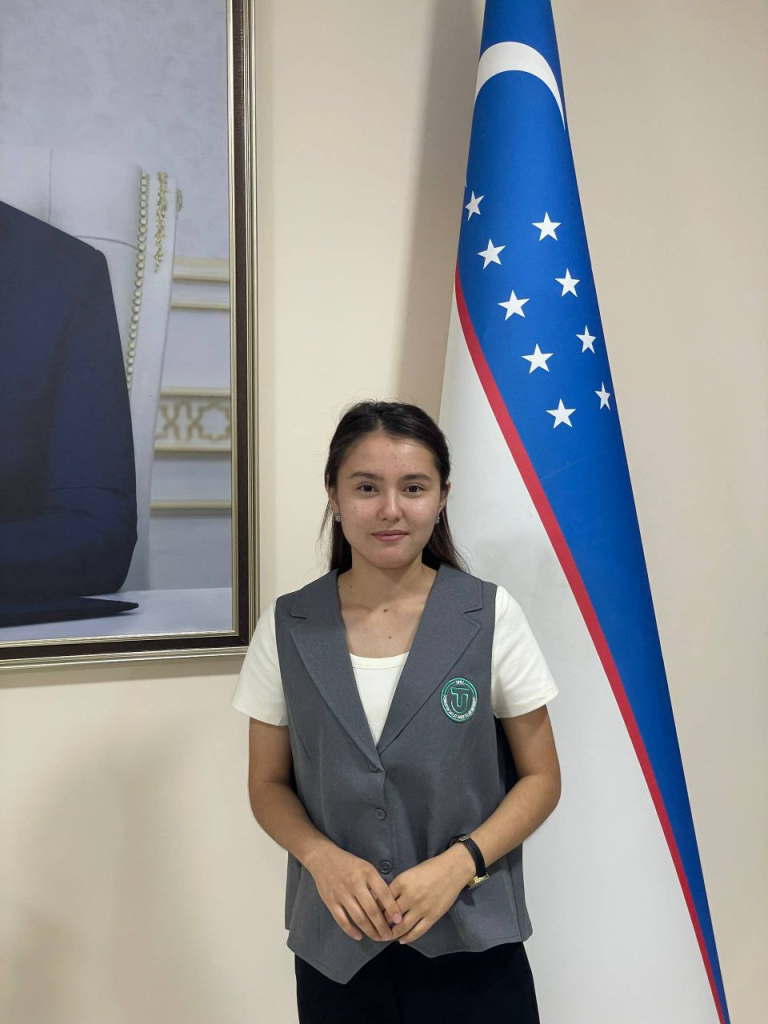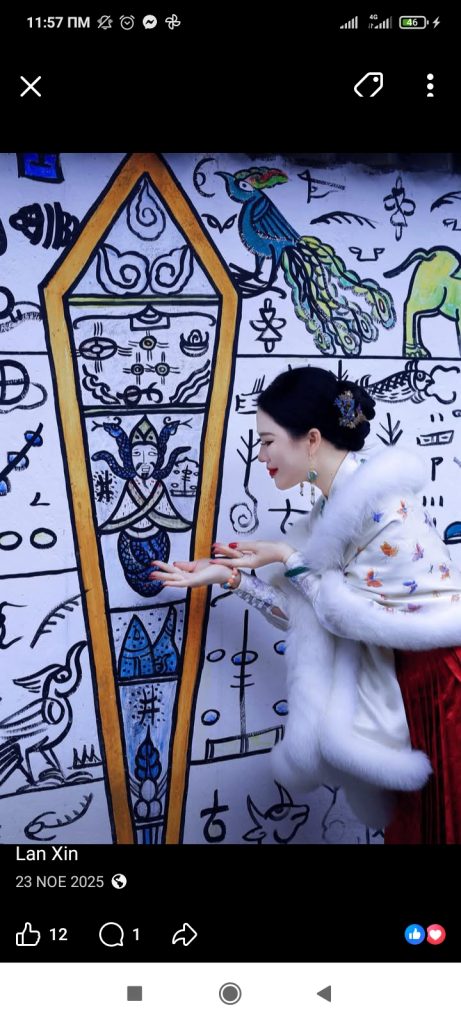
LAUGHTER BETWEEN PHILOSOPHY AND HUMANITY:
THE DIALECTIC OF SATIRE AND REFORM
WRITTEN BY THE LEBANESE-BRAZILIAN POET AND TRANSLATOR TAGHRID BOU MERHI
Laughter is a human phenomenon that transcends cultures and eras, almost a shared language among all people regardless of race, beliefs, or experience. No society can detach itself from this energy triggered by paradox, surprise, or repetition. It is a mirror of human consciousness and a reflection of its interaction with the external world. Since ancient times, laughter has preoccupied philosophers and thinkers—not because it is merely a fleeting act of entertainment, but because it carries deep social, psychological, ethical, and philosophical dimensions. It is at once amusement and pleasure, a tool of criticism and mockery, a weapon that can wound, and a means that can repair and correct.
Aristotle viewed laughter as a uniquely human trait—man alone is capable of laughing. This definition opens the door to understanding laughter as a distinguishing feature in the human existential journey. In his writing on poetry and comedy, he defined laughter as the consequence of perceiving deficiency or ugliness in people’s acts or characteristics—yet a deficiency that falls short of inflicting pain or physical harm, remaining within the realm of play and delight. Here the dual nature of laughter emerges: it can offer sharp criticism of wrongful behavior while still being a source of pleasure.
The French philosopher Henri Bergson examined laughter in his famous book Laughter, defining it as the result of life’s rigidity. We laugh, he argued, when we encounter the mechanical in human behavior—when a person repeats gestures or words automatically without awareness or vitality. For Bergson, laughter is a social punishment applied by society to those who behave mechanically or stray from the vibrancy of human life. Thus laughter is far from random—it becomes a corrective force compelling individuals to align their behavior harmoniously with their surroundings.
Thomas Hobbes approached laughter from another angle, linking it to feelings of superiority. According to Hobbes, we laugh when we suddenly perceive the weakness or inadequacy of others, which sparks a sense of superiority within us. This interpretation exposes the hostile dimension of laughter, when it transforms into a means of asserting dominance or belittling others. The danger of such laughter lies in its sharp sarcasm, leading to hostility or reinforcing exclusion.
Sigmund Freud approached laughter from the lens of psychoanalysis: a release of repressed energy or suppressed desire. The joke or the comic moment allows the individual to express what could not be expressed openly. Thus laughter for Freud is not a simple reflex; it is liberation and release—reducing tension and restoring psychological balance.
In everyday life, laughter arises through specific patterns. Repetition itself becomes a source of laughter, as when two people repeat the same gesture or word simultaneously. The laughter does not stem from the action itself, but from the surprising pattern that repetition creates.
Likewise, when a predicted event occurs at just the right moment, laughter erupts from the unexpected alignment of expectation and reality. These moments reveal that laughter is a response linked to awareness, anticipation, and imagination—not a mere physical reflex.
Satire is perhaps the most controversial form of laughter. It merges humor with criticism, and often exceeds the bounds of playful wit to become scathing ridicule. Political comedy and caricature, for example, do more than amuse—they expose corruption, injustice, and the misuse of power. Yet satire carries another face—its reformative power.
It not only reveals error, but compels reflection, self-awareness, and change. Satirical laughter is indeed a sharp blade, but it can illuminate contradictions and place them under scrutiny. For this reason, tyrants throughout history have feared comedians and satirists, recognizing that a single honest laugh at an absurd scene may topple illusions far more effectively than solemn speeches.
Socially, laughter is a vital form of communication—an unspoken universal language that dissolves barriers. Collective laughter generates emotional unity, shrinks distance, and fosters belonging. It temporarily erases class, ethnic, or religious distinctions, allowing the purest human connection to emerge. Yet the risk arises when collective laughter turns into exclusion—when directed against the “other,” becoming bullying or communal mockery. Here laughter destroys rather than unites.
Ancient philosophies explored laughter from moral and educational perspectives. In Islamic thought, prophetic teachings encourage smiling as an act of charity, emphasizing its ability to bring joy and harmony. Yet Islam cautions against excessive laughter, warning that it deadens the heart and diminishes dignity. This balance reveals a nuanced understanding: laughter as blessing and grace on one hand, but also a potential descent into frivolity when detached from restraint.
Christian heritage similarly acknowledges innocent laughter as a reflection of spiritual joy, while condemning scornful laughter rooted in pride or contempt. In Buddhism, laughter is viewed as liberation from attachment and ego, reminding us of the world’s fragility and the impermanence of suffering. In this sense, laughter in some Buddhist traditions becomes a form of enlightenment—a reminder of life’s lightness.
In literature, laughter has always occupied a central place—from ancient Greek comedy that fused humor with social critique to modern theatre and cinema. Shakespeare’s plays wield laughter to expose moral and political contradictions. In Arabic literature, Al-Jahiz brilliantly combined humor and wisdom, using comic narrative as a tool of education and social criticism. More recently, political satire and editorial cartoons have become powerful weapons against authoritarianism—sometimes shaking the foundations of entire regimes.
Modern psychology recognizes the healing power of laughter. “Laughter Therapy” has shown that laughter reduces stress hormones, boosts immunity, and enhances emotional well-being. It becomes a therapeutic instrument bridging body, mind, and spirit.
Politically, laughter becomes the voice of the people. Black comedy does not amuse because it is light—it amuses because it tells painful truths in a way we cannot deny. We laugh at the absurdity of our realities—yet beneath the laughter lies pain, and within that pain the first spark of awakening.
Thus the relationship between laughter and reform is dialectical: laughter can wound and exclude, yet it can build and transform. It restores humanity, reminds us we are not machines, and helps us confront tragedy with a smile that softens suffering. Throughout history, oppressed societies held onto humor as their last refuge—a spiritual resistance against fear.
Viewed existentially, laughter becomes defiance—an act of rebellion against despair and mortality. To laugh in the face of tragedy is to assert life. Philosophers have therefore regarded laughter as a form of wisdom deep enough to free us from the world’s heaviness.
Anthropological studies trace laughter back thousands of years—not as a solitary act, but as a communal ritual embedded in celebrations, songs, and sacred gatherings. Laughter was, at its origin, a collective rite weaving human bonds—perhaps explaining the contagious power of laughter.
In conclusion, laughter is multifaceted: personal pleasure, psychological healing, social language, political tool, and humanitarian message. Its power lies in its dual capacity for destruction and renewal, for critique and restoration. It gathers opposites and reveals the depth of human experience.
We are left with lingering philosophical questions: Is laughter escape or confrontation? Relief from pain or higher wisdom? Perhaps it is both. At its core, laughter is creative resistance—a mirror reflecting humanity as it swings between fragility and greatness, between satire and reform—not a mere involuntary reaction.
……






